The highs and lows of PC gaming in 2019
Subscriptions, streaming and a surprise announcement from Valve

As we say goodbye to this past year (and decade) of PC gaming, it’s time to take a look in the rearview mirror and reflect on what our beloved platform has been through in 2019.
It’s been a year refreshingly free of big controversies and studio closures, while subscription services and streaming have begun offering intriguing new ways for us to play some of the best PC games ever made.
Here are the highs and lows of PC gaming in 2019.

The GPU drought is over
In 2018, surging demand for cryptocurrency caused investors to buy out GPUs on an unprecedented scale.
Crypto-miners would buy multiple copies of the same GPU, before installing them in gritty unloved rigs designed for the sole purpose of mining cryptocurrency (pretty much the PC hardware equivalent of a battery chicken farm). GPU stocks ran dry, prices skyrocketed, and PC gamers lost out.
Thankfully, with the demand for crypto subsiding in 2019, we can once again get the latest gaming hardware at sensible prices, and you’d hope that Nvidia and AMD will be better prepared should there be another GPU sales spike in the future.
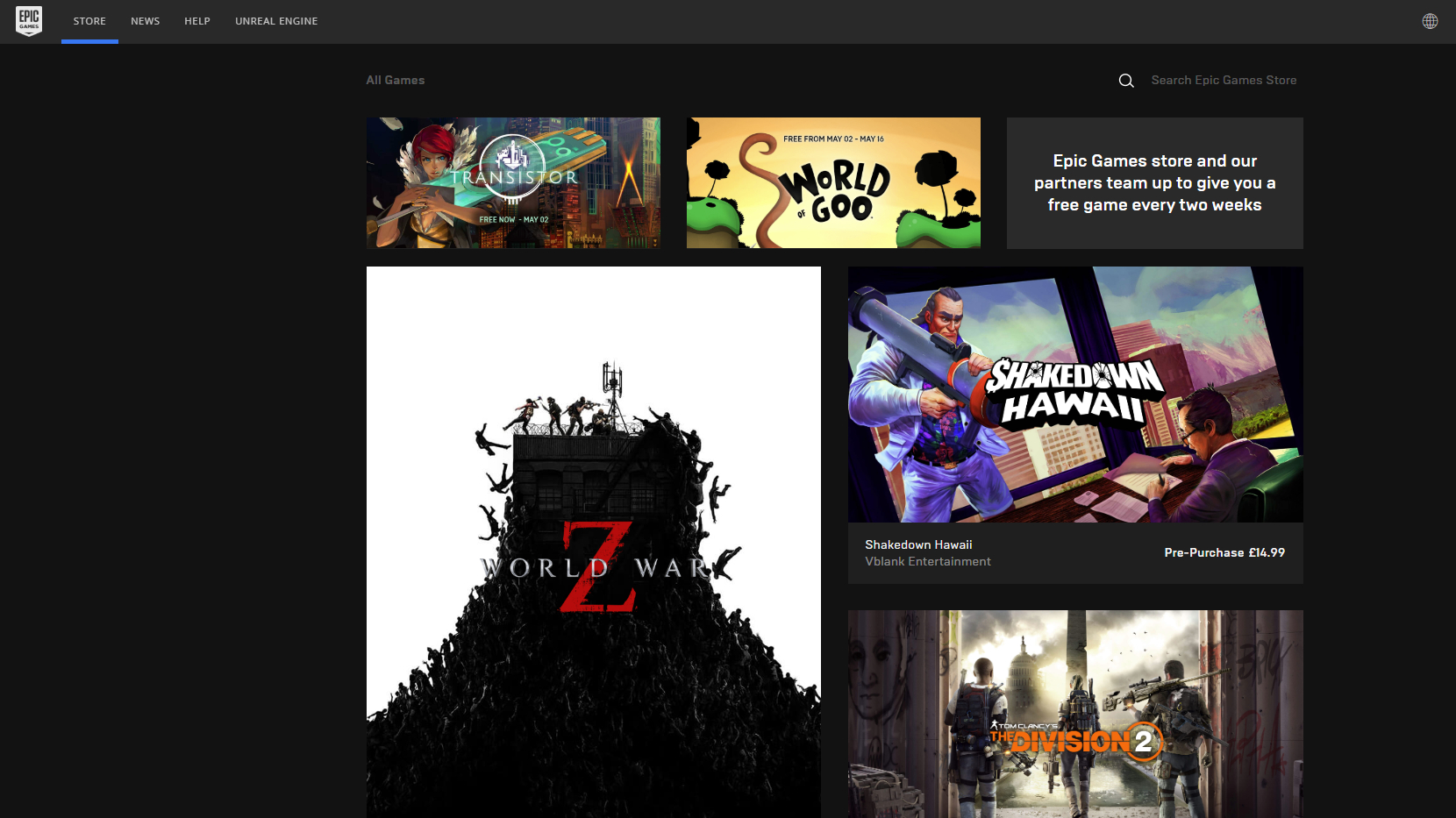
Epic Game Store plays rough to attract gamers
The reception to Epic’s new game store has been as tumultuous and unpredictable as recent general elections in the UK. People swing one way on it when it dishes out high-quality free games, then the other way when Epic poaches major titles initially slated for a Steam launch right from under our noses.
Sign up for breaking news, reviews, opinion, top tech deals, and more.
No one is arguing that a bit of competition for Steam is a bad thing, but beyond throwing bags of money at developers Epic hasn’t added any features to make its platform a pleasing service to use.
Store and search features are threadbare, there’s no family sharing, or streaming, or any of the other features that make Steam the dominant force in PC gaming.
It’s not yet a platform that feels worthy of the big-name games it hosts, yet PC gamers are forced to settle for it if they want to play them.
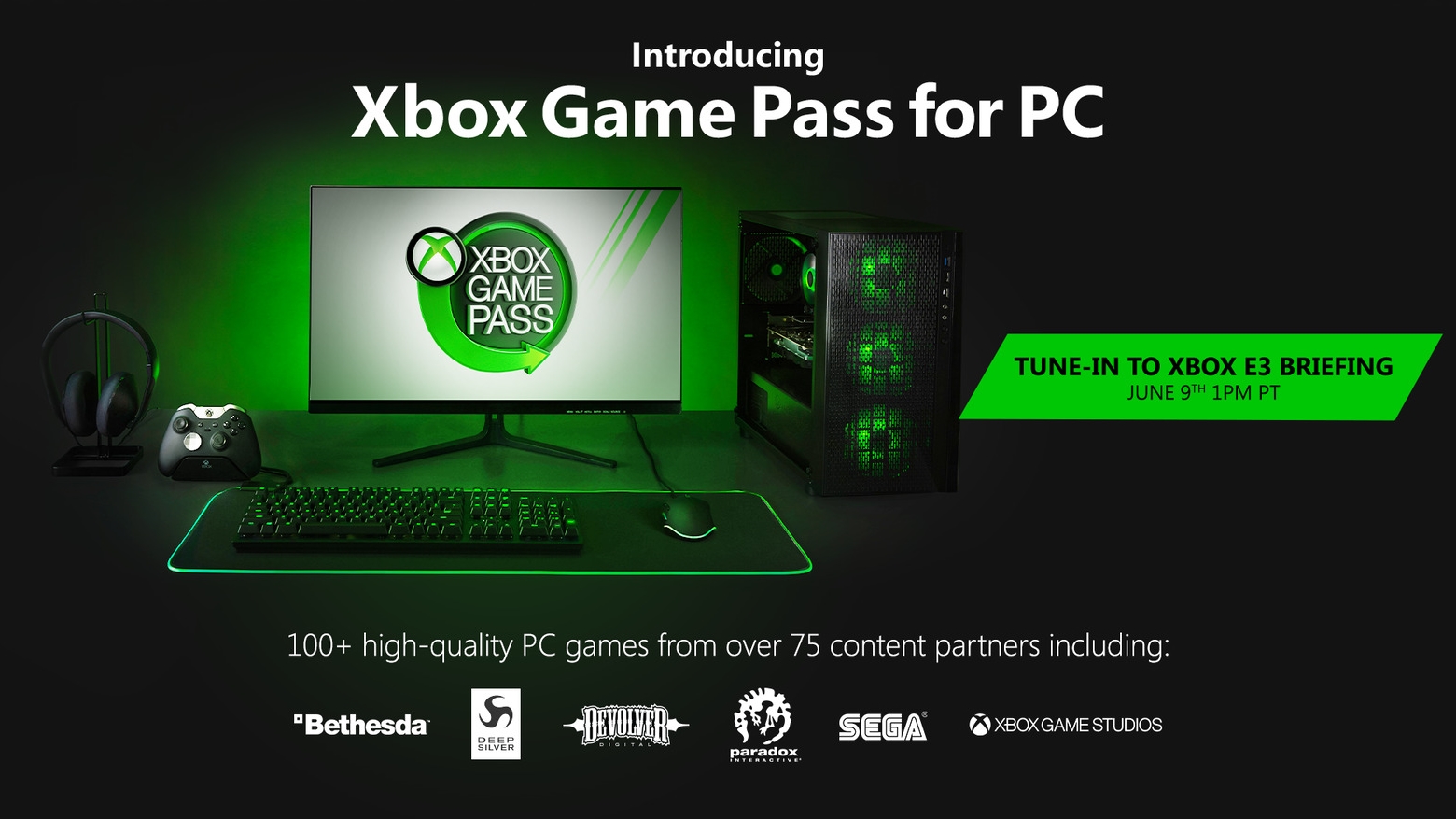
Xbox Game Pass is exceptional
This year, Ubisoft and Microsoft joined the fray of subscription-based PC gaming services, following on from EA’s solid Origin Access offering that’s been around for a few years now. But of those two, Microsoft’s Xbox Game Pass for PC has stolen the show with its bargain introductory subscription and games collection.
What makes Game Pass stand out is the element of pleasant surprise. Yes, you get Microsoft’s top first-party games, but also a wonderfully curated mix of indie and mainstream games from recent years.
Top games of 2019 like Metro: Exodus, Bloodstained: Ritual of the Night and Outer Worlds are here, as well as indie hits like Hollow Knight, Slay the Spire and Void Bastards.
Xbox Game Pass has emerged from nowhere to become the best-value game subscription service on PC.
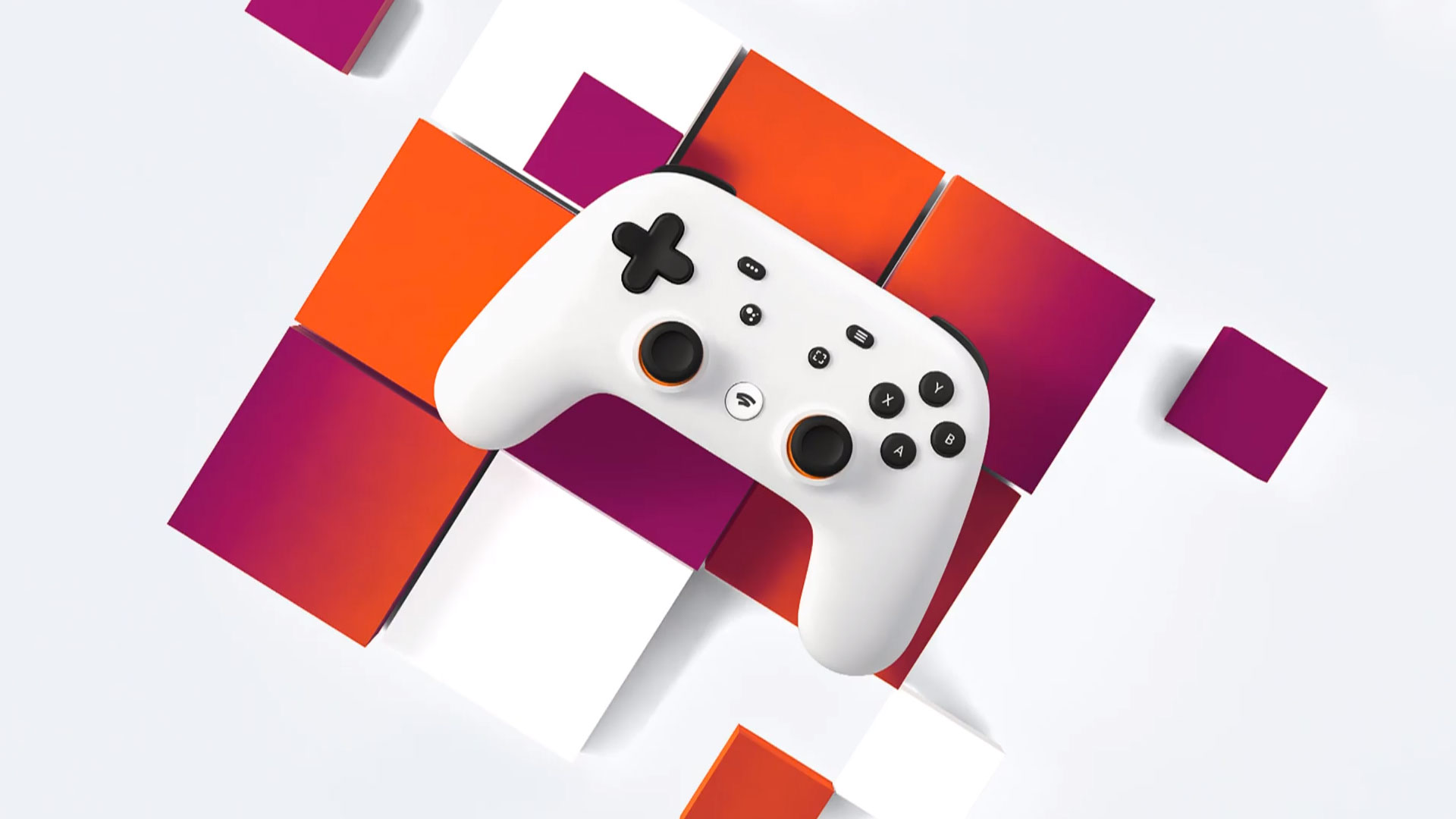
Google Stadia not ready for the big-time
It happened with Amazon before and now it looks like it’s happening to Google. You can have all the money in the world, but if you don’t understand the business of gaming then it’s not going to help you.
Google Stadia is a great concept, and perhaps it should have had more time in the oven before launching with a weak games catalog, confusing (and not cheap) pricing, and performance issues. It’s an awkward, multilayered service that shows the streaming revolution isn’t ready yet. Or maybe that Google isn’t the company to lead it.
Of course, it’s early days for the service, and there are more than likely better days to come as Google finds its feet, But in its current half-baked state it just doesn’t justify the price tag.
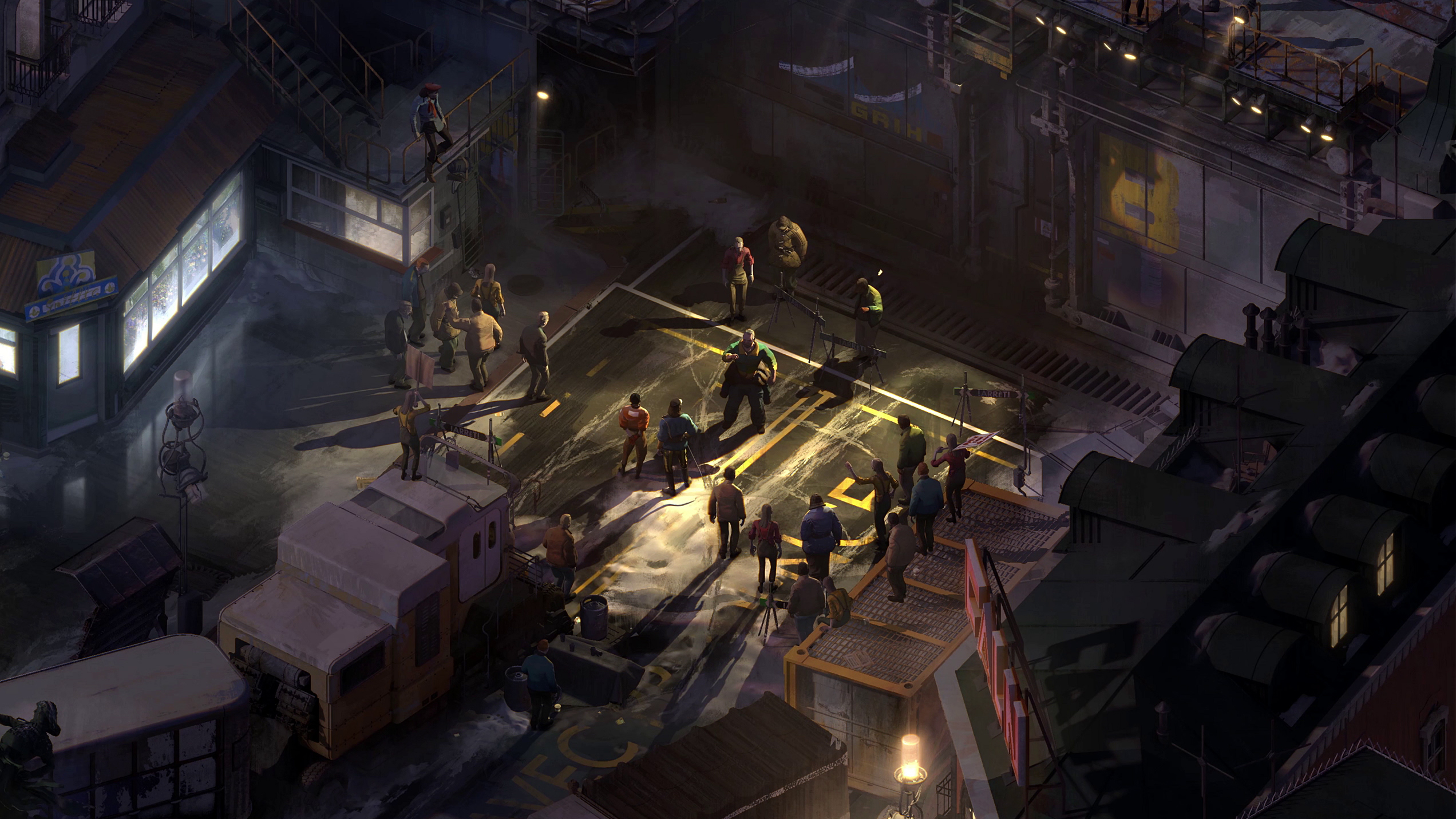
Weird alternative games find success
2019 hasn’t seen the same splurge of big-name IPs and obligatory open-world RPGs we’re used to seeing. It’s been a strangely quiet year, but that’s allowed for more experimental games to step up and rank among the year’s finest.
Dour detective RPG Disco Elysium is arguably the best of them, while Outer Wilds proves that you don’t need an endless cosmos and huge budgets to make a beautiful space exploration game. The most mainstream RPG out this year was Obsidian’s The Outer Worlds, and even that retains a certain personal, low-key charm reflective of its not-quite triple-A budget.
Other notable titles in this year of refreshing oddities are the likes of Untitled Goose Game, Sunless Skies and the inimitably weird Hypnospace Outlaw, which sees you doing detective work on a trippy 90s-style interwebs.

Loot boxes continue to plague PC gaming
In 2017, the EU and other governments around the world cracked down on loot boxes, with EA’s Star Wars Battlefront II at the crux of the debate around the randomised bundles of in-game items that players (often children) spend real-world money on.
Belgium outright banned loot boxes, the Netherlands brought in heavy restrictions, while other countries - including the UK - continue to debate whether it’s in fact a form of gambling.
While the practice has died down in mainstream premium games since then, a recent study by the University of York found that the presence of loot boxes continues to rise. In 2019, 71% of the 463 most played Steam games studied contained loot boxes, up from 4% back in 2010.
They may not be garnering the headlines like before, but loot boxes continue to be common practice in 2019, which leaves a lot of young people at the mercy of this morally dubious monetisation system.
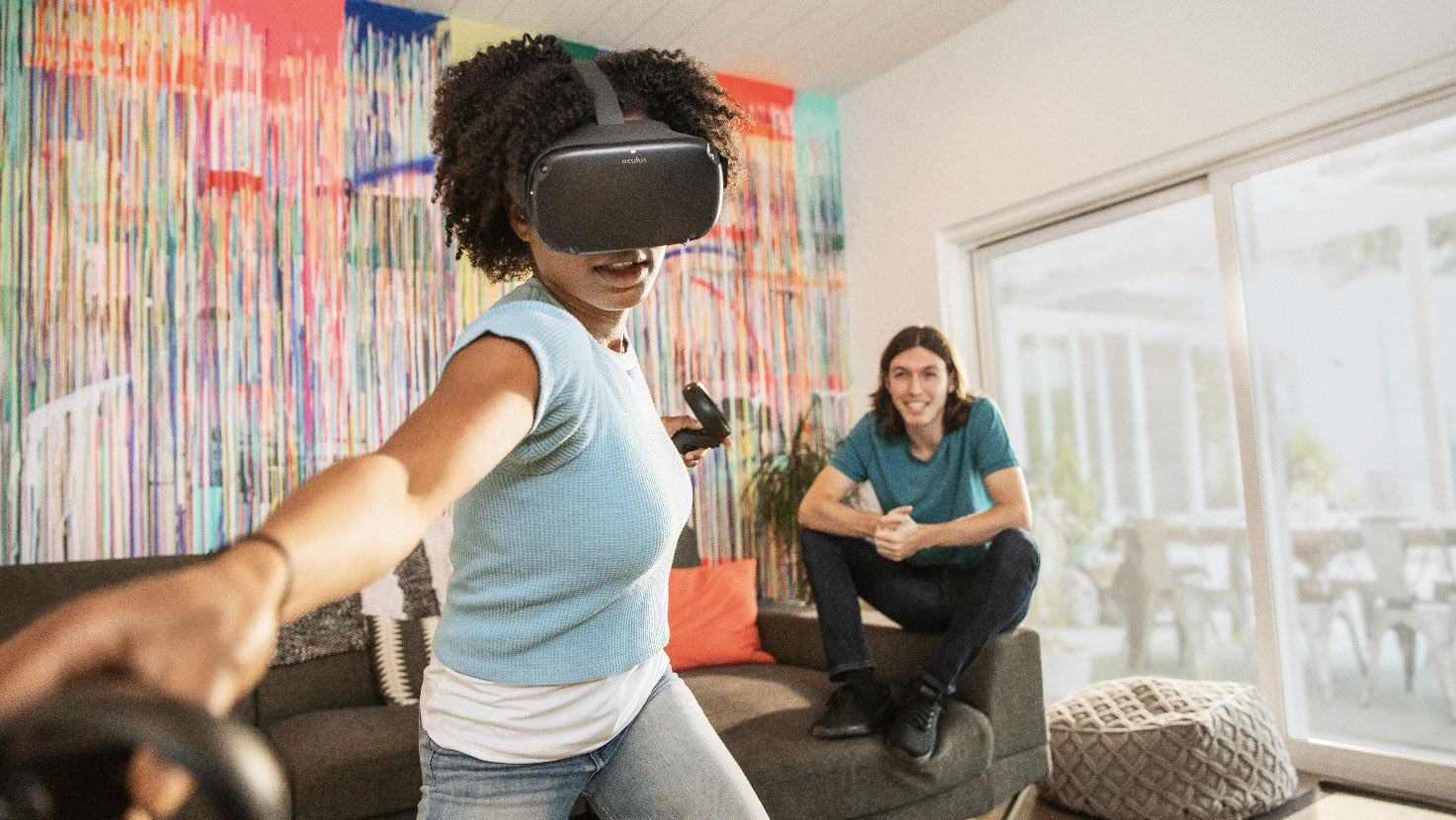
Oculus Link makes the Quest a PC headset
Virtual Reality is the most technologically mind-blowing niche in gaming. Anyone who dons the headset comes away impressed, and yet uptake continues to remain fairly low.
Enter the Oculus Quest, a deceptively powerful headset that plays many of the best VR games using its internal hardware. The Quest recently received an ‘Oculus Link’ update that lets you use it to also play PC VR games using a USB 3.0 cable. The update is still in beta, but already makes the Quest work largely like a PC headset, making it the most versatile VR headset around.
Quest sales figures have been impressive, and in the last quarter were “nearly double the combined sales figures of the Oculus Rift S and Oculus Go”, according to research company SuperData. The wireless Quest seems to be just what people have been waiting for, but its PC compatibility makes it hands-down the best value VR proposition to date.

Red Dead Redemption 2 launch problems
Easily the most anticipated game release making its way over from consoles in 2019, Rockstar’s formidable western epic has been an absolute disaster on PC.
From the time-limited exclusivity on the Epic Game Store reminding us that PC is now an open corporate battleground over consumers, to a buggy launcher that’s prevented countless people from playing the game, Red Dead Redemption 2 on PC is one of the worst triple-A game launches in recent memory.
Yes, the inherent diversity of hardware and software between different PCs is a major consideration developers don’t need to deal with on consoles, but the shambolic launch of Red Dead Redemption 2 shows that PC still too often remains an afterthought for publishers.
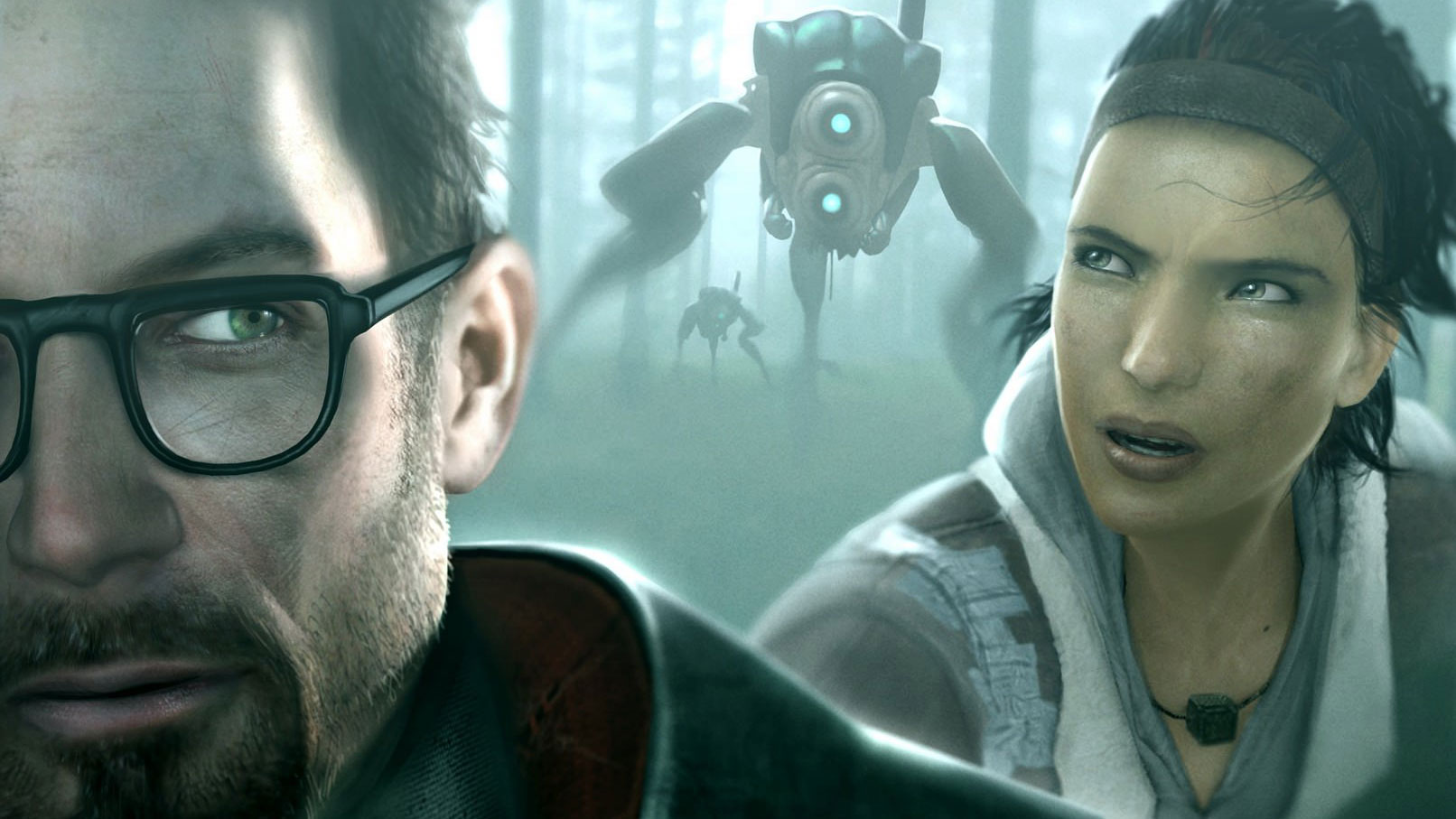
Half-life: Alyx could be a watershed moment in VR
OK, so it may not quite be the unconditional Half-life 3 confirmation we’ve all been meming about, but given that the development team is bigger than has worked on any previous Valve title, Half-life: Alyx is clearly a game that the studio is taking seriously.
It will be a fully VR game, and prequel to Half-life 2, casting you as freedom fighter Alyx Vance as she tries to survive the streets of City 17, an eastern European city taken over by an intergalactic empire called the Combine. This is no tech demo either, but a full game that’s set to be longer than Half-life 2.
While VR has been relying on semi-successful conversions of games like Skyrim as its landmark titles until now, this is set to be among the first truly dedicated VR titles from a big-name IP. It could be a watershed moment for VR, and the PC gets the privilege of hosting it
- These are the best multiplayer PC games

Robert Zak is a freelance writer for Official Xbox Magazine, PC Gamer, TechRadar and more. He writes in print and digital publishing, specialising in video games. He has previous experience as editor and writer for tech sites/publications including AndroidPIT and ComputerActive! Magazine.